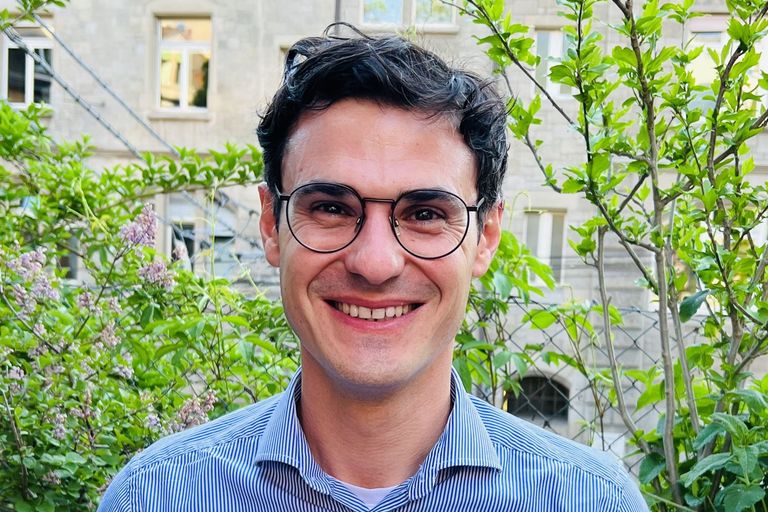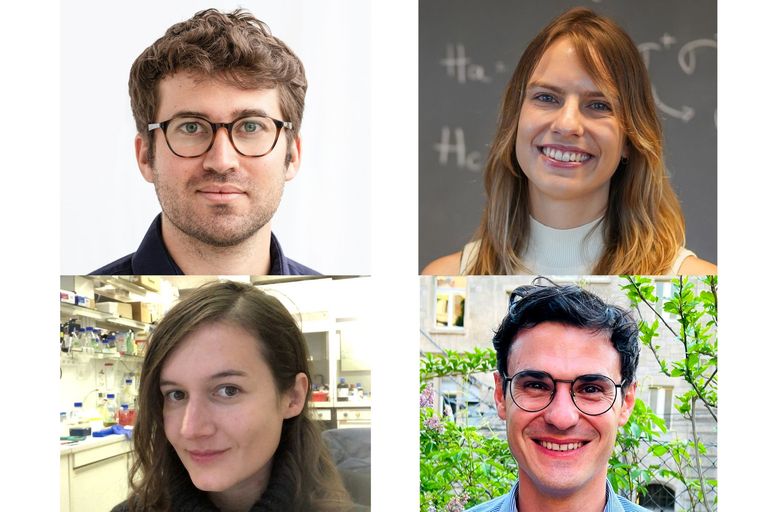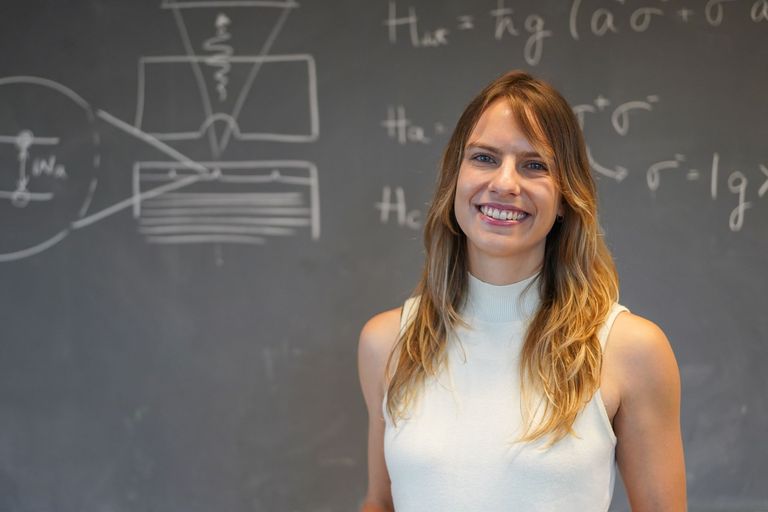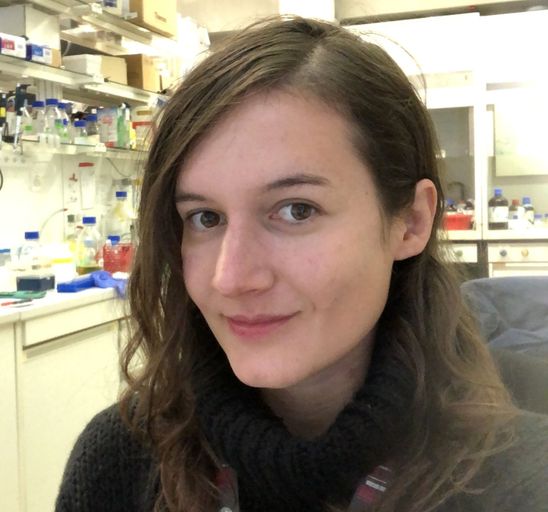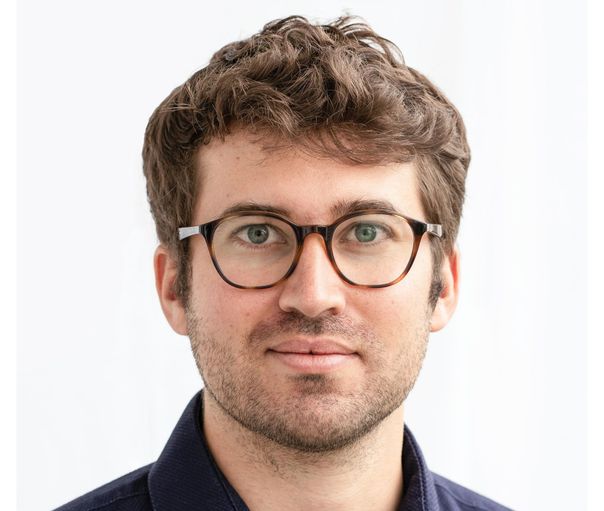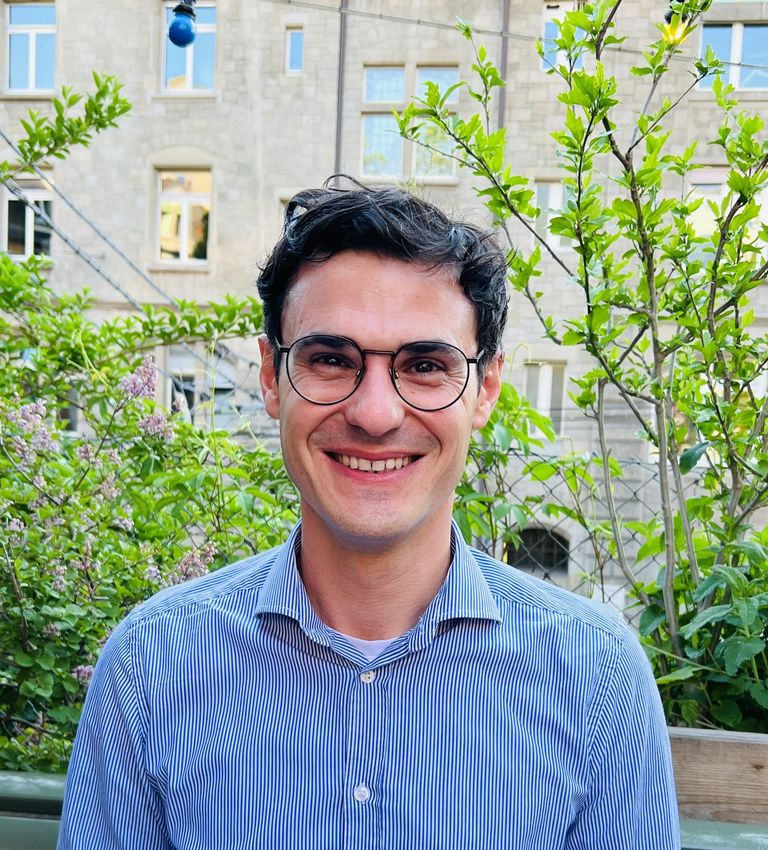Astrid Tomczak-Plewka
Ever since he was a child, Luca Dal Zilio has been fascinated by mountains. Growing up in Treviso in the north-east of Italy, the southern Alpine range practically lay on his doorstep – and, as a passionate mountaineer, he explored it thoroughly. These physical forays later gave rise to his intellectual interests as a scientist: Luca Dal Zilio studied geophysics at the University of Padua and then attended ETH Zurich to obtain his doctorate. There he developed a model that links long-term geological developments and the processes that give rise to earthquakes across tectonic boundaries. The model provides insights into how tectonic shifts develop over millions of years and then actually occur within seconds during major earthquakes.
"Forecasting earthquakes is impossible"
In other words: Dal Zilio's work could help estimate the conditions under which devastating earthquakes occur – and thus lay the foundations for a risk-management and early-warning system. However, the researcher emphasises: "I would never dare forecast an earthquake – that is impossible. Instead, my research aims to depict what might happen under specific conditions."
What makes his model unique is that the Italian researcher has combined countless data in order to create it: field observations, seismic monitoring, laboratory experiments and theoretical science. The latter in particular is important, as major earthquakes are fundamentally once-in-a-century events that occur in the same location perhaps every 100 hundred years or even less frequently. They develop within a very small, limited area – typically in places where tectonic plates overlap. However, the actual effects occur in a different place, both temporally and geographically. Given that the rarity of such events means that empirical data have no statistical value, Dal Zilio has collated all the available data and investigated which physical conditions might provoke earthquakes, and thus cause damage, in the long term.
ETH Zurich is a leader in this field of research. This may seem surprising at first. Yet because Switzerland is heavily built-up and densely populated, even minor earthquakes can already cause major damage. It is therefore also important from an economic perspective to understand how earthquakes develop. Thus, an ETH research team based in a rock laboratory in Val Bedretto is injecting liquids into the rock to examine whether this might trigger a quake. "But only in a way so that nothing bad can happen," Dal Zilio says reassuringly.
To have been recognised for his modelling work with a prestigious award in Switzerland means a lot to the Italian, who has also worked in the "earthquake capital" of California after completing his dissertation. "Switzerland is my second home – my girlfriend is Swiss, and science is conducted at the highest level here. The people here are highly motivated to expand the boundaries of our current knowledge." His PhD employment at ETH Zurich was a dream come true for him – even if, like virtually all doctoral students, he sometimes came close to giving up.
"Researching is a privilege"
"However, over time I learned to deal with the highs and lows that come with solving scientific problems," he says. When pursuing his challenging scientific work, he frequently reminds himself to enjoy the process along the way: "Researching is a privilege – and you should enjoy this privilege," he states. And so he hopes to remain amongst the privileged in future. He would like to establish his own research group as a professor. "Exchanging ideas and researching something from the ground up is great," he says. "Yet I also love to teach and be a mentor to others." Ultimately, he wants to achieve something tangible with his work – even if the nature of earthquake research means that this will take a little longer. And to this day, he remains fascinated by mountain summits: in his free time, he likes to sit in the saddle of his racing bike and cycle to the Alps from his adopted home town of Winterthur. "The season has finally started," he says. "That is wonderful."
